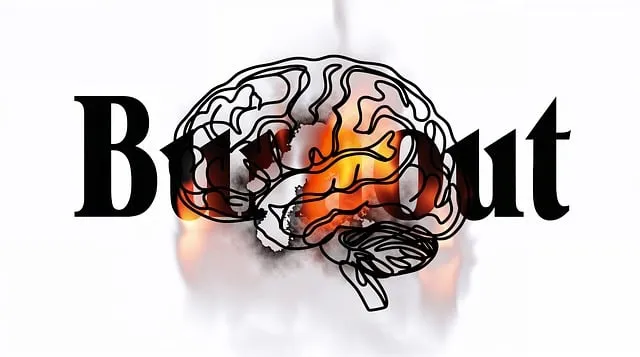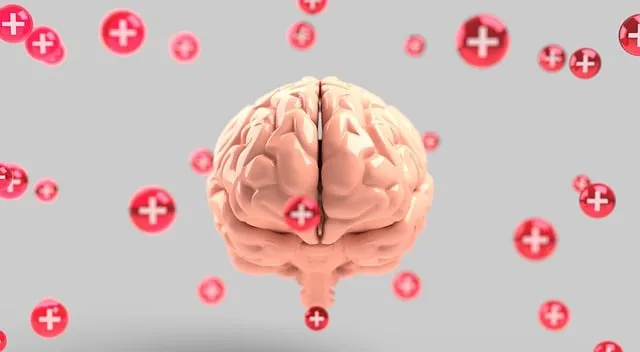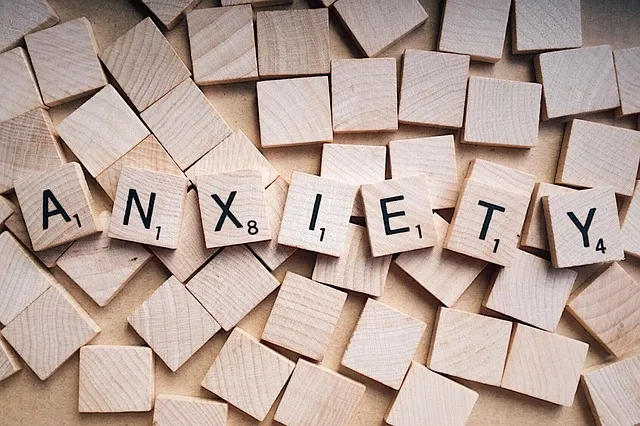The Superior Kaiser Permanente mental health appointment center leads innovative Crisis Intervention Team (CIT) training programs using immersive simulations for effective de-escalation. This model empowers individuals with practical skills to handle mental health crises, reduce stress, and prevent burnout. Through workshops, support groups, and counseling, the center promotes stigma reduction and open communication, enhancing community resilience in crisis response.
“In today’s complex social landscape, effective crisis intervention is paramount. This article explores the vital role of Crisis Intervention Team (CIT) training programs in equipping communities with the tools to navigate mental health crises. We delve into the structured approach offered by organizations like Kaiser Permanente, renowned for its superior mental health appointment centers. By examining real-world applications and case studies, we highlight how CIT training fosters community resilience and enhances the quality of support during critical moments.”
- Understanding Crisis Intervention Team Training
- Kaiser Permanente's Approach to Mental Health Support
- Essential Skills for Effective Crisis Response
- Real-World Applications and Case Studies
- Enhancing Community Resilience through Training
Understanding Crisis Intervention Team Training

Crisis Intervention Team (CIT) training programs are designed to equip individuals with the skills needed to respond effectively during mental health crises. These programs, often facilitated by organizations like Kaiser Permanente’s Superior Mental Health Appointment Center, play a pivotal role in enhancing community support for those facing mental health challenges. CIT training goes beyond standard mental health education programs by focusing on practical strategies for de-escalating high-risk situations and promoting positive outcomes for individuals experiencing anxiety relief or stress management issues.
The unique design of CIT training involves immersive simulations and real-world scenarios, allowing participants to gain hands-on experience in crisis intervention. This dynamic approach ensures that when faced with actual crises, team members can confidently implement strategies learned, fostering a supportive environment that prioritizes the well-being of both the individual in distress and the responders. By investing in CIT training, communities can revolutionize their response to mental health emergencies, ultimately reducing the impact of stress and anxiety on individuals and society at large.
Kaiser Permanente's Approach to Mental Health Support

Kaiser Permanente stands out for its comprehensive approach to mental health support, offering a dedicated Superior Kaiser Permanente mental health appointment center that serves as a centralized hub for care. This innovative model streamlines access to specialized professionals, ensuring individuals receive timely and effective treatment. By integrating this resource into their network, Kaiser Permanente acknowledges the growing need to combat mental illness stigma reduction efforts and promote burnout prevention among both patients and healthcare providers.
The center’s design goes beyond traditional care models, focusing on fostering a supportive environment that encourages open conversations about mental health. Through regular workshops, support groups, and one-on-one counseling sessions, the appointment center not only addresses acute crises but also empowers individuals with coping strategies to enhance their confidence boosting. This holistic approach reflects Kaiser Permanente’s commitment to empowering its members with the tools they need to navigate life’s challenges with resilience and improved mental well-being.
Essential Skills for Effective Crisis Response

In the fast-paced world we live in, crisis intervention team training programs are becoming increasingly vital to equip individuals with the necessary skills to handle high-stress situations effectively. A superior Kaiser Permanente mental health appointment center understands that the key to successful crisis response lies in a multifaceted approach. Among the essential skills required, active listening takes center stage. The ability to comprehend and validate individuals’ feelings without judgment fosters trust and encourages open communication, which is crucial for de-escalating tense scenarios.
Furthermore, crisis intervention teams must be adept at teaching self-esteem improvement techniques and providing mental wellness journaling exercise guidance. By helping individuals gain a deeper understanding of their emotions and equipping them with coping mechanisms, these programs empower people to navigate future crises more resiliently. Public awareness campaigns development is another critical aspect that contributes to the overall effectiveness of crisis response efforts by educating communities on recognizing and addressing mental health issues promptly.
Real-World Applications and Case Studies

In the dynamic landscape of mental health care, crisis intervention team (CIT) training programs play a pivotal role in equipping professionals with practical, real-world applications. These programs, often housed in esteemed institutions like the Superior Kaiser Permanente Mental Health Appointment Center, provide hands-on experiences that mirror the complexities of on-the-ground crises. Through case studies and simulations, participants delve into various scenarios, enhancing their ability to swiftly and effectively deploy communication strategies tailored for de-escalation and risk management planning for mental health professionals.
The integration of resilience-building techniques is a cornerstone of these training programs. By examining actual case studies, CIT team members learn to navigate the emotional rollercoaster that accompanies crisis situations. This preparation fosters not just technical proficiency but also psychological fortitude, enabling professionals to respond with clarity and compassion in high-pressure environments. Such immersive training is crucial for fostering a culture of resilience within mental health care settings, ultimately improving outcomes for both professionals and the individuals they serve.
Enhancing Community Resilience through Training

In today’s fast-paced and often challenging world, building community resilience is more crucial than ever. Crisis intervention team training programs play a pivotal role in equipping individuals with the skills to navigate crises effectively. These programs, such as those offered by the Superior Kaiser Permanente mental health appointment center, focus on enhancing the ability of communities to bounce back from adversities. By fostering strong connections and promoting open communication, these initiatives empower people to support one another during stressful situations.
Through comprehensive training, participants gain a deeper understanding of conflict resolution techniques and resilience-building strategies. Topics like mindfulness meditation are also integrated into the curriculum, providing practical tools for managing stress and cultivating emotional well-being. These programs not only strengthen individual coping mechanisms but also create a network of resilient community members who can collectively address challenges, ensuring that everyone has access to support when facing mental health crises.
Crisis intervention team training programs, such as those offered by superior Kaiser Permanente mental health appointment centers, are vital in equipping communities with the skills needed to navigate and mitigate crises effectively. By fostering a culture of resilience and proactive support, these programs empower individuals to recognize signs early and respond appropriately. Through real-world applications and case studies, it’s evident that comprehensive training enhances community resilience, ensuring that everyone has access to timely and quality mental health resources during challenging times.






